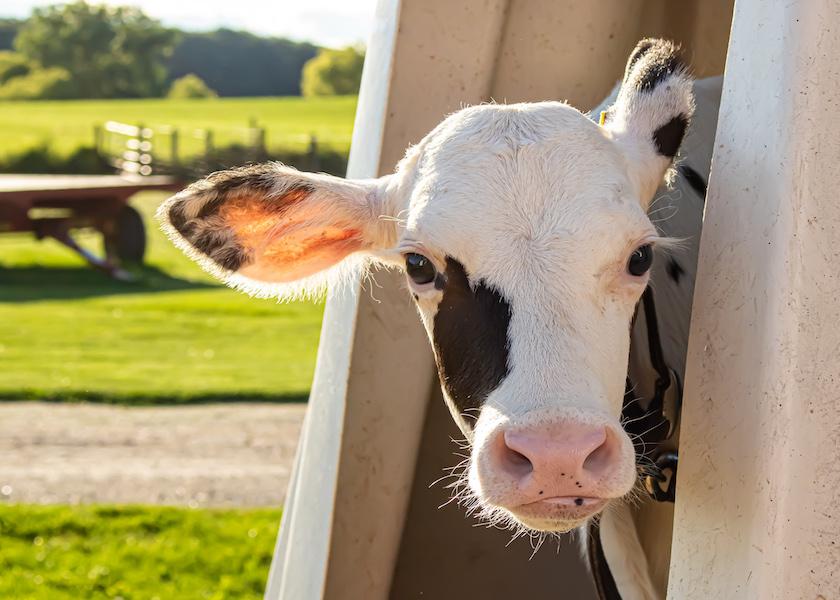Calf Care & Quality Assurance Unites Dairy, Beef and Veal Industries

Calves are foundational to dairy, beef, and veal production systems. But they are raised in a variety of settings, and, until now, no single management body or leadership organization covers all calves.
That’s changing, with the formation of the Calf Care & Quality Assurance (CCQA) program.
To ensure optimum health and welfare throughout the supply chain, an umbrella calf care and management program has been established, unifying the efforts of the following groups:
- Beef Quality Assurance (BQA)
- Veal Quality Assurance (VQA)
- National Dairy Farmers Assuring Responsible Management (FARM)
- Dairy Calf and Heifer Association (DCHA)
CCQA organizers note that calf raisers have many different customers, from cattle buyers and partners, to meat and dairy processors, as well as consumers. Maintaining customer trust that the meat and dairy products derived from calves that are raised responsibly is key to the success and sustainability of the industry.
Employing best practices in raising calves also translates into better outcomes for producers, from improved resource management to better financial returns. They said committing to calf health management is the right thing to do, for calves, producers, and consumers.
CCQA was established by a task force of calf raisers, animal scientists, veterinarians, and the four industry groups. They continue to work collaboratively on resources; training and certification; and self-assessments to serve the calf-raising industry. CCQA also will routinely review calf-rearing practices for industry relevance, and maintain its base purpose as a science-based, common-sense industry standard.
The CCQA website houses a newly developed Calf Care & Quality Assurance Program Manual and calf care Self Assessment document. The site also provides access to record-keeping forms and protocol templates for virtually all aspects of calf care, including disbudding, castration, supernumary teat removal, and euthanasia.
Resources for CCQA certification and becoming a CCQA trainer also are in the works.







